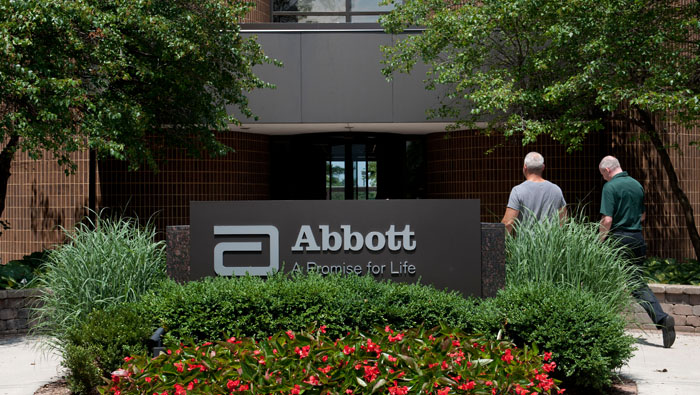
New York: Johnson & Johnson (J&J) agreed to buy Abbott Laboratories’ eye-surgery equipment unit for $4.33 billion, moving the healthcare giant toward its goal of boosting its three core businesses.
The deal is expected to close in the first quarter of 2017, the companies said on Friday in separate statements. The unit, called Abbott Medical Optics, makes equipment used in surgeries to repair cataracts and in Lasik procedures to improve vision, as well as eye drops and solutions. It generated $1.13 billion in sales for Abbott in 2015.
J&J, the world’s biggest maker of healthcare products, has been chasing deals for all three of its main businesses to boost growth and offset potential competition for prescription medicines, the largest unit at the New Brunswick, New Jersey-based company.
For Abbott, the divestiture is another step in chief executive officer Miles White’s effort to refocus the company since spinning off AbbVie in 2013 and agreeing this year to acquire Alere, a medical testing company, and St Jude Medical, another device maker.
Abbott’s optics unit is "a self-contained business and had very little synergy with anything else in their device portfolio,” Debbie Wang, an analyst at Morningstar, said in a telephone interview. The company wants to take its medical device division "down the path of these more sophisticated products that St. Jude offers,” she said.
Abbott’s purchases
J&J’s medical devices and diagnostics business accounted for 36 per cent of revenue in 2015, down from 41 per cent in 2012. Consumer products, J&J’s third major unit, had 19 per cent of the company’s sales last year.
Abbott, based in Abbott Park, Illinois, paid $2.8 billion for the medical optics unit in 2009. The sale will give Abbott a much-needed infusion of cash. It’s in the middle of purchasing St. Jude Medical for $25 billion and agreed to buy Alere for $5.8 billion, an acquisition that has hit numerous roadblocks since it was announced in February.
White has said he had financing in place to complete both deals, although it could involve issuing additional equity, a move investors frowned upon. The extra cash obtained from selling the fast-growing eye care business would ease the financial demands on the company.
Easier financing
"A lot of people in the market are going to look at this and say this will preclude them from having to do the equity raise, which investors would like,” said Jonathan Palmer, an analyst with Bloomberg Intelligence. "It makes the financial aspects of both deals easier to manage or swallow,” and it makes completion of the Alere acquisition more probable, he said.